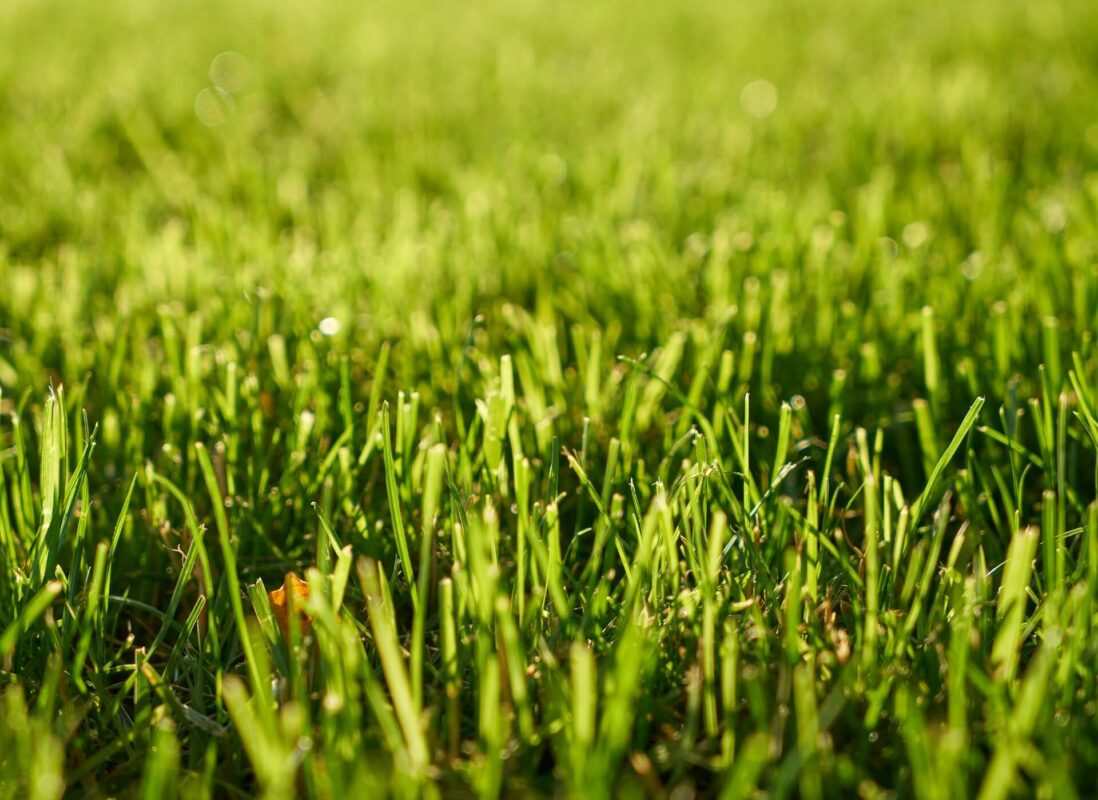Grass Seed by State
Our team of experts have specially designed blends for each region of the United States. The following considerations were made during the design process for each regional mix:
- Environmental elements such as soil conditions. sun/shade tolerances and heat tolerances.
- Genetic attributes such as color. sod density and disease resistance.
- Water requirements.


Regional
Regionally Designed Grass Blends
The first thing to determine is whether you live in a region with a climate that is best for a warm-season grass or a cool-season grass. Warm-season species are heat tolerant but they go dormant quickly once the temperature starts to drop. Cool-season species do very well in cold weather, but they require a lot of irrigation to stay green in high summer temperatures. Once you have determined the best grass seed type for your climate, you can then select the appropriate species based on your needs and preferences.
Warm Season Grasses
Bermuda is a lawn that is very drought tolerant and great for high traffic lawns. It does not require frequent watering and it can grow in a variety of soils, from sandy to clay. It requires lots of direct sunlight to grow, so it is not very tolerant of shade, and it has a low tolerance for cold temperatures as well.
Buffalo grass: Buffalo is one of the lowest maintenance lawns available for the home. It is very drought tolerant so it can survive for a long time on low amounts of water. It will quickly go dormant in the colder winter temperatures, and it does not tolerate shade or heavy foot traffic well. Buffalo grass can grow in a variety of soils, but it prefers more clay than sand.
Zoysia grass: Zoysia is drought tolerant, but it will enter dormancy quickly if it goes without water for longer stretches. Zoysia is able to withstand heavier foot traffic as well as some shade, and it can grow in a variety of soils. As with many other types, it requires adequate drainage to thrive.
Cool Season Grasses
Fine fescue: Fine fescue is an umbrella term for several types of species including sheep, red, hard, and chewings fescues. Fine fescues require very little maintenance and are great for heavily shaded areas. They do not require frequent watering and they are generally tolerant of moderate foot traffic.
Kentucky bluegrass: Kentucky bluegrass is slow to establish but it will eventually result in a beautiful and traffic tolerant lawn. Bluegrass should be planted in loamy soil. The lawn will quickly go dormant during the summer heat if it is not watered very frequently, and it is somewhat shade tolerant.
Perennial ryegrass: Perennial ryegrass will establish itself into a lawn faster than any other species. It requires frequent watering during the summer time, and it forms a lawn which has a very high tolerance for traffic and will tolerate some shade. This species should be planted in rich, loamy soil.

